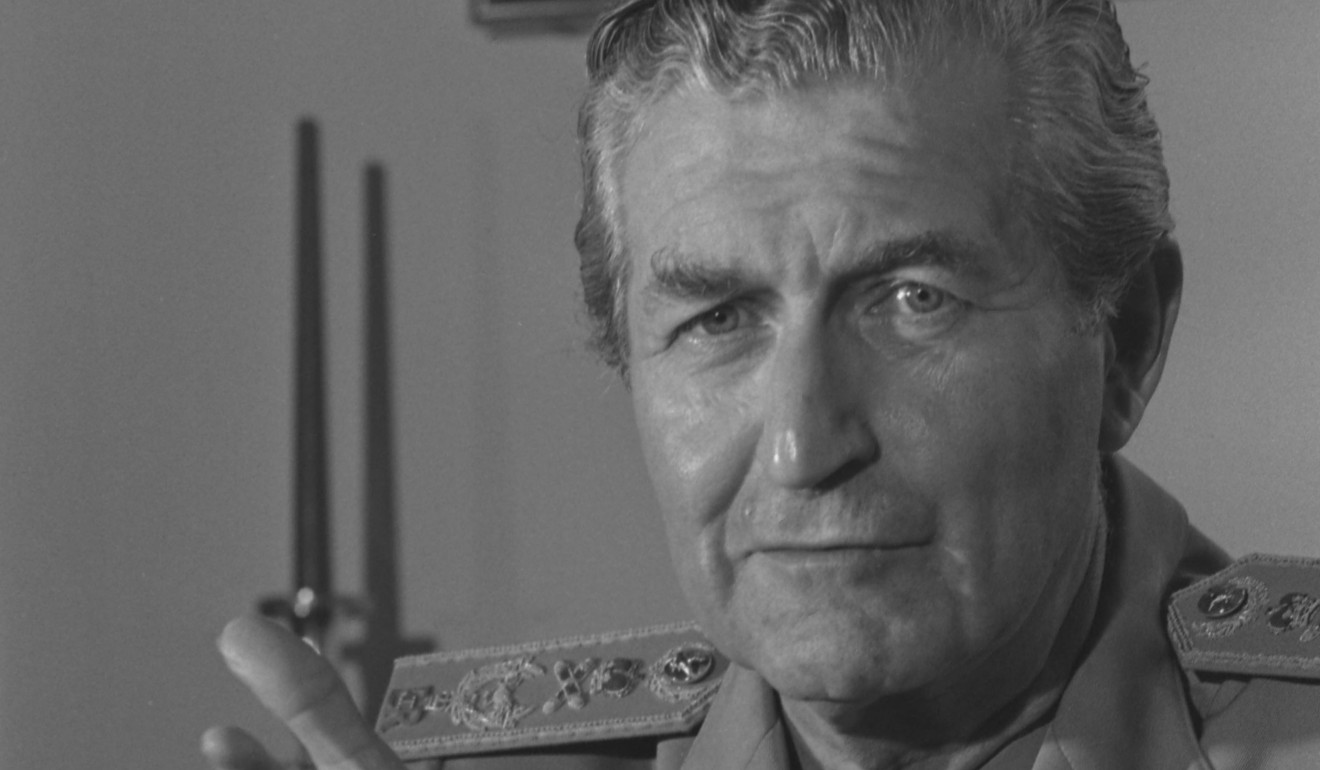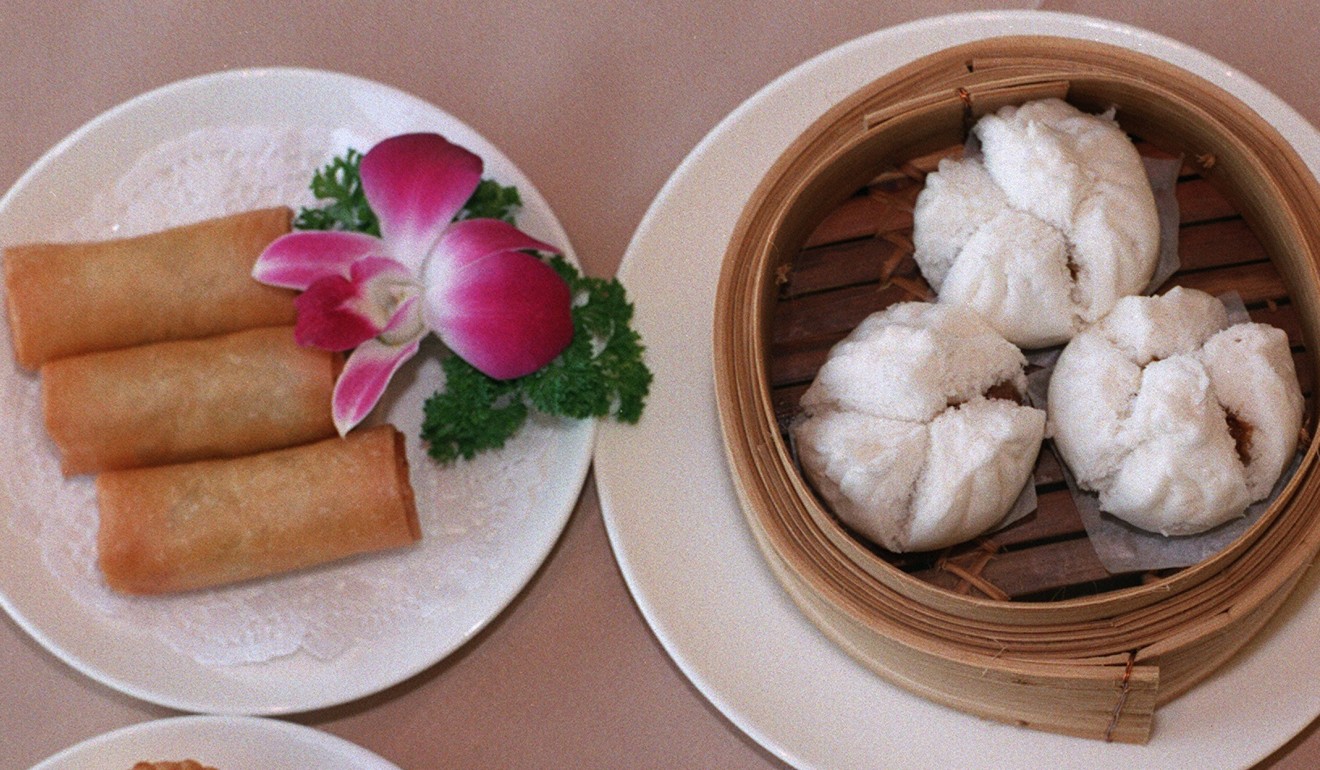
Russia turns to Abba while dim sum goes international: headlines from four decades ago
A journey back through time to look at significant news and events reported by the South China Morning Post from this week in history
April 30, 1978
● A mainland Chinese military leader indicated Beijing would take Taiwan by force when the time was ripe. The warning was contained in a statement made by Marshal Wu Hsiu-chuan, the deputy chief of the Army General Staff, during a meeting with a group of Japanese military researchers.
● Alcoholism was found to be more prevalent among the local Chinese population than originally thought and was shown to be on the rise, according to a study conducted by the University of Hong Kong. The report estimated the number of alcoholics in the city to be about 10,000, but the government responded by saying it did not pose a serious problem.
May 1, 1978
● Mainland Chinese workers were told they would celebrate their most modest May Day this year since the founding of the People’s Republic. As a result, there would be no parades, no outdoor celebrations and no fireworks. People were told this year the nation’s focus would be on improving the economy and observing austerity.
Rat-infested hospitals, ‘sermons’ for speeding and a scrapped land auction: headlines from four decades ago
● Soviet television began broadcasting Western pop music, including songs by Swedish pop group Abba, until the early hours in an apparent attempt to distract young people from Orthodox Easter services, though foreigners and the elderly were allowed to attend the traditional midnight mass. Moscow churches were surrounded, as usual, by scores of uniformed police to prevent young people from entering.
● A survey revealed more than half of Hong Kong’s 1 million workers were being deprived of at least one of their 10 annual statutory days off due to ineffective enforcement and vague language in the statute in question.
May 2, 1978
● British health officials were to be questioned in Parliament about how four tonnes of Indonesian prawns, rejected by American health authorities, wound up being served up in Chinese and Indian restaurants in Britain. The prawns, categorised as decomposed by health authorities in New Jersey, were then taken to the Netherlands, where they were repacked and returned to Britain.
Hongkongers warned not to discuss sex lives and China spreads its wings: headlines from four decades ago
● Private beaches were to be banned in the Philippines, and those already closed off were required to be opened to the public, President Ferdinand Marcos announced in a May Day address. There was no immediate explanation of how this would affect several commercial holiday resorts, which were created with the backing of the Marcos government.
May 3, 1978
● The British government brushed aside demands its defence chief, Neil Cameron, be dismissed for making an anti-Soviet speech in China. Pro-Moscow left-wingers in the Labour Party angrily attacked the former fighter pilot for telling Chinese tank officers the Soviet Union was the common enemy of Britain and China.

● Fifteen starving dogs ate their owner’s body after being trapped in a suburban house in Sydney for a week after his death, police said. Officers broke into the house and found the 53-year-old owner’s body had been consumed by his hungry pets in an effort to stay alive.
May 4, 1978
● Dim sum, one of the trademarks of Chinese cuisine, was catching on as a frozen food throughout the world, and a Hong Kong company was cashing in on the fad. Dim sum exports were increasing every year, with the most popular varieties being steamed shrimp dumplings (har gao), barbecued pork buns (char siu bao) and lotus seed buns. Convenience Foods chairman KC Leong estimated that in less than a year, his company would be exporting HK$100 million worth of dim sum annually.

● An urban councillor urged the government to implement a quota system to stem the sharp rise in the number of mainland Chinese immigrants. More than 13,000 legal immigrants entered Hong Kong in the first four months of 1978.
May 5, 1978
● China took steps to restore military ranks in the 3.5 million-strong People’s Liberation Army. New uniforms bearing insignia that denoted ranks from marshal to lieutenant were being designed as part of the military modernisation programme.
May 6, 1978
● China was courting Saudi Arabia, an oil-rich but strongly anti-communist country as part of its strategy to unite with the developing world. As of yet, there had not been any official or top-level contact, but Beijing was reported to be quietly issuing visas to Saudi nationals.
A falling space station, choppers to Macau and fear of oranges: Hong Kong headlines from four decades ago
● The Urban Council would no longer grant licences for billiard saloons in residential buildings. The new ruling would also apply to bowling alleys, skating rinks and table-tennis halls. The new policy came following public concern at such establishments being set up in residential complexes.
Remember A Day looks at significant news and events reported by the Post during this week in history

